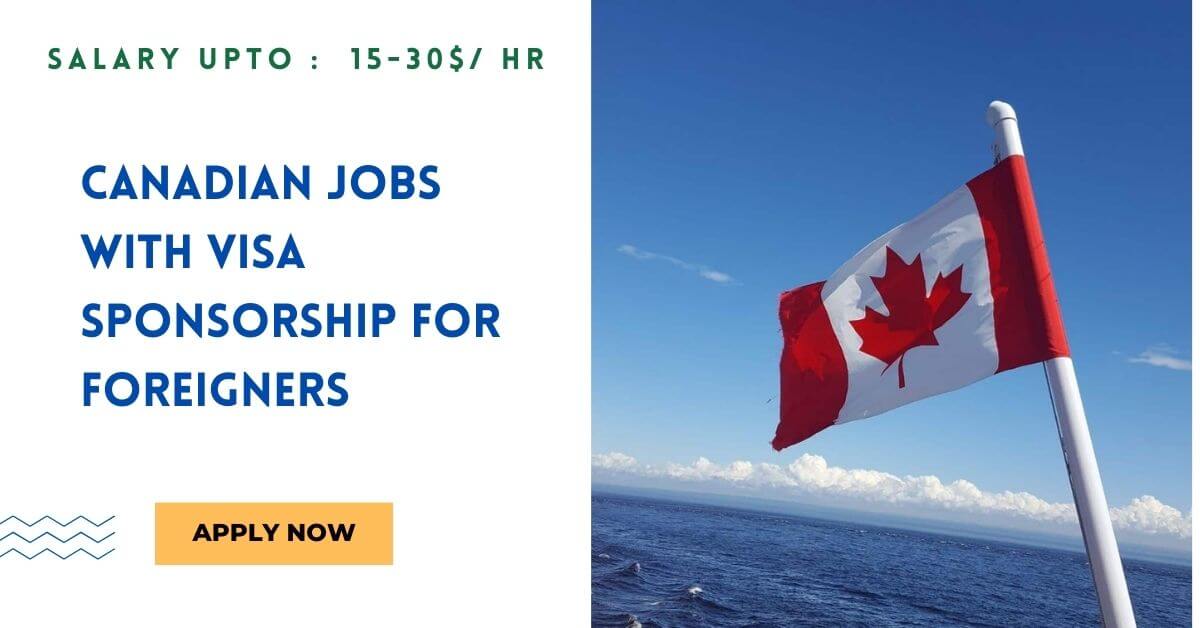Jobs in Germany for Students 2025 – Full-time or Part-time
International students in Germany are allowed to work, but their working hours are regulated. While students from the EU/EEA can work without restrictions, students from non-EU/EEA countries can work up to 120 full days or 240 half days (equivalent to 60 full days) per year.
Check Also: Latest Jobs in Germany – Apply Now
To work lawfully in Germany, non-EU students need a work permit. This is typically issued by the Agentur für Arbeit (Federal Employment Agency) and the Ausländerbehörde (Foreigners’ Registration Office). EU/EEA students do not need any work permits and can work freely.
Although German universities do not charge high tuition fees, the cost of living in Germany can be high, particularly in major cities. Therefore, financial planning is essential. It is advisable for international students to establish financial security early on to avoid any unexpected financial difficulties. This article provides an overview of ways to manage finances effectively while studying in Germany.
Personal Savings for Education:
To obtain a student visa and a residence permit in Germany, international students must demonstrate they have sufficient financial resources to cover their living costs. Even if the funds you have are not enough to cover the full cost of living, they should meet the minimum requirement set by the German authorities to process the visa application.
This requirement is relatively easy to meet by providing proof of savings. It is essential to start saving well in advance because accumulating the necessary funds in a short time may not be feasible. Many international students choose Germany because of its affordable education and high-quality programs, but they must begin saving for their education as soon as they decide to study abroad.
Parental Support for Your Studies:
If your parents have the financial resources, they can support your education and living expenses in Germany. You will need to provide proof of parental income through a bank statement to the German Embassy. This will confirm that your parents will be financing your studies and living costs, which may facilitate a faster visa application process.
In some cases, families open dedicated savings accounts specifically to fund their children’s education abroad. If personal funds are insufficient, borrowing money from parents can be a viable option to secure a student visa.
Benefits:
1. Financial Assistance
Working part-time allows students to earn money to help cover living expenses and academic fees. For students living in cities with high living costs, part-time jobs can provide much-needed financial relief.
2. Work-Life Balance
Germany’s strict labor laws ensure fair working hours and excellent working conditions. These regulations help students balance their studies and job responsibilities without compromising either.
3. Soft Skills Development
Part-time work helps students develop important soft skills, such as time management, communication, and teamwork, regardless of whether the job is related to their field of study. These skills can enhance your resume and contribute to your future career prospects.
4. Networking Opportunities
Students can build professional networks while working in Germany. This can be particularly useful for securing internships and job opportunities after graduation.
5. Cultural and Language Skills
Working in Germany gives students an opportunity to improve their German language skills, gain insight into the local culture, and understand the German work environment.
6. Post-Graduation Career Opportunities
Gaining work experience in Germany improves your chances of securing a full-time job after graduation by providing a strong understanding of the local job market and work culture.
Work Authorization for Students in Germany:
- EU/EEA students: They can work without restrictions.
- Non-EU/EEA students: Allowed to work 120 full days or 240 half days per year (typically 60 full days).
In certain cases, students may be able to work more hours, but they must receive permission from both the Agentur für Arbeit (Employment Agency) and the Ausländerbehörde (Foreigners’ Registration Office).
Part-Time Jobs in Germany:
Around 60% of international students in Germany engage in part-time work to support their living expenses. Germany offers a broad range of job opportunities, many of which don’t require advanced qualifications. However, it’s important to understand that part-time earnings might not be enough to cover all your living and academic expenses.
While students are allowed to work 120 full days or 240 half days annually, working beyond this limit requires authorization from the aforementioned agencies.
Types of Jobs in Germany for Students 2025:
While part-time work is common among students, it’s best to seek jobs that align with your area of study. This will help you stay focused on your academics while also gaining relevant experience.
Some popular part-time jobs for international students in Germany include:
- Babysitter
- Waiter/Waitress
- Bartender
- Academic Assistant
- Newspaper Distributor
- Administrative Staff in University Offices
- Museum Staff
- Private Tutor
- Freelance Work (Online)
Online platforms like Upwork, Freelancer, and Fiverr offer a range of freelance opportunities such as writing, graphic design, and transcription work. The advantage of these jobs is the flexibility, as students can work from home or any location, such as a university library.
Note: If you earn more than 450 euros per month, you are required to pay taxes as a regular taxpayer in Germany.
Student Loans in Germany:
Student loans are another way to finance your education in Germany. Several public and private institutions offer loans to international students at low or zero interest rates. However, the loan amount is generally not enough to cover all your living and educational expenses, so loans should be considered as supplementary funding.
Notable student loan options include:
- BAföG: A government-funded program providing interest-free loans or grants to students in need.
- Bildungskredit: A low-interest loan for students in the final stages of their studies, available to both German and international students.
Banks such as Deutsche Bank, Raiffeisenbanken, HypoVereinsbank, and Sparkasse also offer loans to international students.
Scholarships for International Students in Germany:
Scholarships are another excellent way to finance your studies. While scholarships alone typically won’t cover all expenses, they can make a significant contribution to reducing the financial burden.
Some popular scholarships for international students in Germany include:
- Deutschlandstipendium: This program offers 300 euros per month (150 euros from private sponsors and 150 euros from public funds). It is available for up to two semesters, with a possibility for extension.
- DAAD Scholarships: The German Academic Exchange Service (DAAD) offers various scholarships for international students and promotes the internationalization of German universities.
- Erasmus+: An EU-funded program providing students with financial assistance to study abroad, including in Germany, for a semester.
- Private Scholarships: Numerous private organizations, such as the Heinrich Boll Foundation and Max Planck Society, offer scholarships to outstanding students.
Frequently Asked Questions:
How can I find a job in Germany as a student?
You can find part-time jobs through online job portals where employers specifically post listings for students. These platforms list various job opportunities with clear skill requirements.
How much can a student earn in Germany?
Students can earn up to 522.50 euros per month without paying taxes. This amount is tax-free under the mini-job arrangement, which allows students to earn up to 6,270 euros per year without tax obligations.
Can a student work 40 hours per week in Germany?
For EU students, the limit is 20 hours per week during the semester. During the semester break, they can work up to 40 hours per week. Non-EU students are limited to 120 full days or 240 half days per year.







